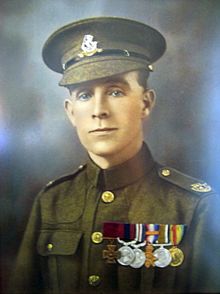Trusts & Estates and the “Businesslike” Practice of Law
In 1980, I had the opportunity to interview Louis Auchincloss. Known for his novels about New York’s traditional elite, Auchincloss also maintained a successful and sophisticated trusts and estates practice. In fact, I interviewed him in his corner office on Wall Street. His thoughtfulness, dignified manners, Brooks Brothers clothing, and elegant office stuck in my mind over the years as an illustration of top-drawer T & E.
It came as a surprise to me over thirty years further down the road to learn that the white-shoe Manhattan firm of Debevoise & Plimpton was eliminating its T & E practice. It turns out that Debevoise & Plimpton is only the latest big firm to take this step. Weil, Gotshal & Manges and also Gibson, Dunn & Crutcher, among other big firms, have also in recent years done the same.
Why are the big firms ending their involvement with T & E? According to the analysts, T & E is an uncomfortable fit in the emerging big-firm business model. Genteel and personalized, the T & E practice of somebody like Louis Auchincloss cannot assign large numbers of junior associates and run up the tab in the process. Drafting wills and trusts generates fewer billable hours and profit than big-time litigation, corporate bankruptcies, and mergers and acquisitions.
The contemporary legal profession has its share of problems, but the elimination of big-firm T & E practice underscores the problem that is perhaps the most troubling. Namely, the market economy is swallowing up the legal profession. Every day, we see the practice of law becoming just a business. If legal educators share my perception and are troubled by it, we might reduce skills training and hold off teaching law students “to hit the ground running,” that is, graduate ready to make a buck. Legal educators might instead redouble efforts to teach ethics, honor professional norms, and endorse genuine humanistic values. These are the features of professionalism that distinguish it from unbridled profit-seeking.

